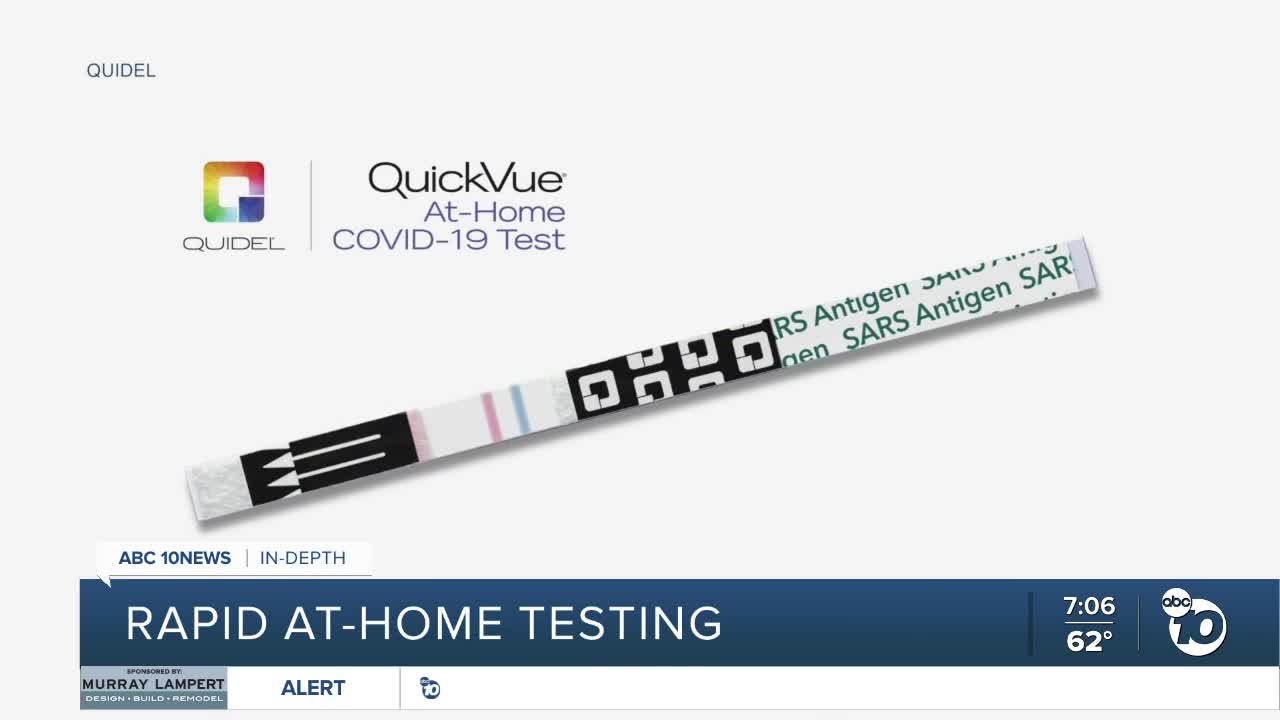
Furthermore, no antibody test has been approved as an in vitro diagnostic medical device yet under the Act on Securing Quality, Efficacy and Safety of Products Including Pharmaceuticals and Medical Devices (Pharmaceutical Affairs Act) in Japan.However, care is required as the tests may be conducted using methods that do not demonstrate the expected level of accuracy. Various antibody test kits are currently available on the Japanese market as research reagents, such as a rapid detection method called the immunochromatography method.As with PCR tests, however, the use of saliva-based tests has been allowed for asymptomatic patients as well since July 17. Saliva-based tests were originally allowed for patients within nine days of the onset of symptoms.Therefore, as with PCR tests, the nasopharyngeal swab fluid test can be used to obtain a definitive diagnosis regardless of whether the patient is symptomatic or asymptomatic. By using special measuring equipment to provide a higher sensitivity than traditional antigen detection kits (qualitative antigen tests), this product can measure antigens quantitatively. obtained pharmaceutical approval for its new COVID-19 antigen detection kit "Lumipulse SARS-CoV-2 Ag." Insurance coverage for this kit began on June 25. These kits are now supplied nationwide regardless of the type of testing facility or medical institution.


On April 27, 2020, a pharmaceutical application was submitted for FUJIREBIO Inc.'s antigen test kit "ESPLINE SARS-CoV-2." It was approved as Japan's first COVID-19 antigen test kit on May 13, 2020.Antigen test kit (qualitative antigen test)


 0 kommentar(er)
0 kommentar(er)
